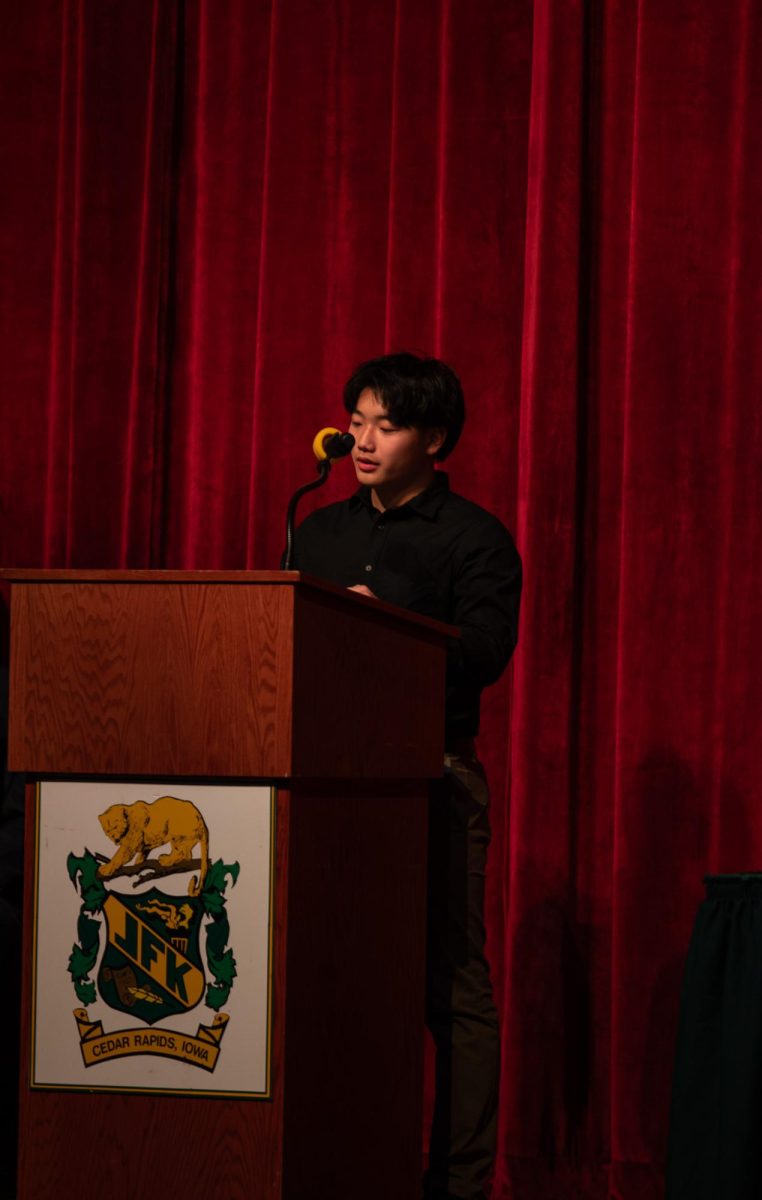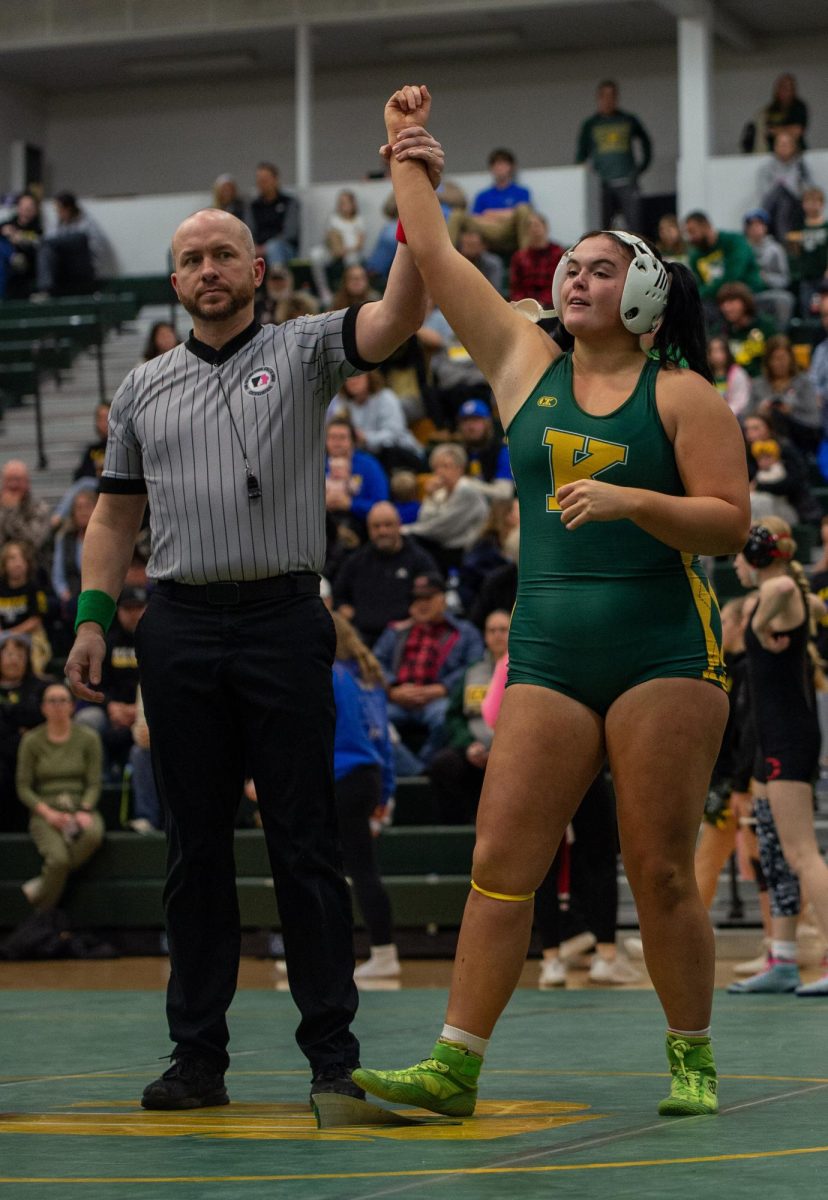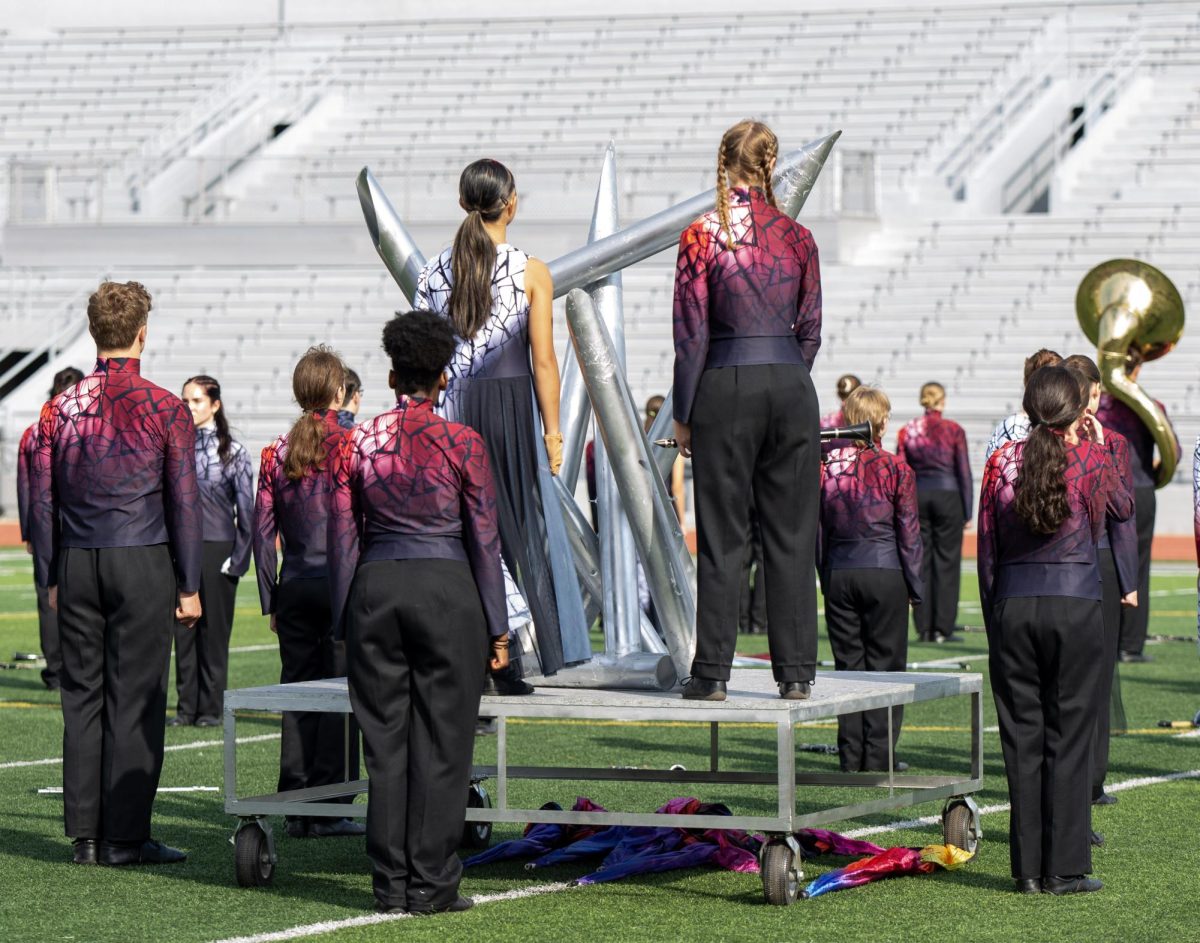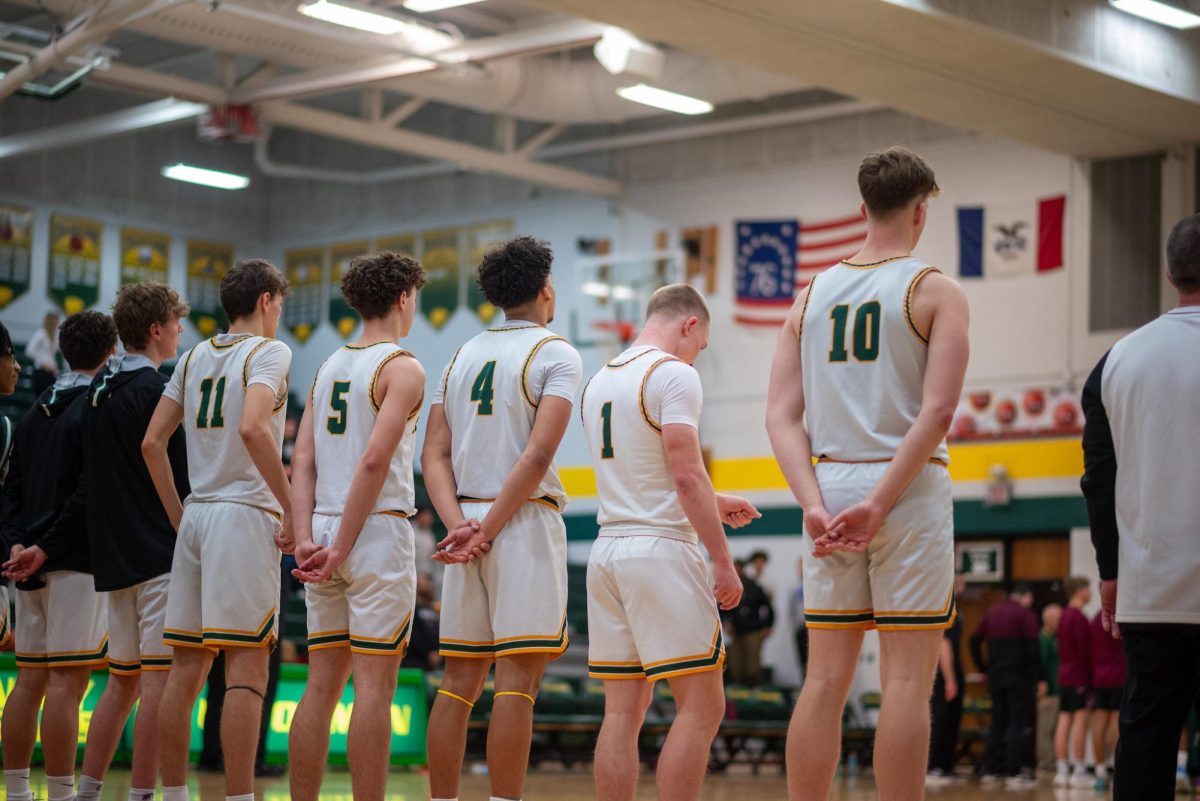The Importance of Black History Month
March 6, 2019
February is Black History Month, and it has come to a close. Did we, both as individuals and as a school, give this month the recognition it was designed to receive? How exactly should we be giving black history attention?
“I’m a little conflicted about the way we could give it recognition because I don’t feel like just focusing on black history for one month is good. I think it should be incorporated throughout all curriculum,” Michelle Frye, teacher of African American Literature and Culture, said.
White history is every day of the year, while black history is given a designated month, which also happens to be the shortest month of the year. By giving black history its own month, we are saying that it’s not important enough to tie in with American history.
“If we want to be an inclusive society, then all this has to be natural…. When it’s so compartmentalized, it’s like it’s still the ‘other’….The contributions of black people in America should be highlighted as contributions of America,” Frye said.
When we learn about Black History Month, do we learn anything new? Is it the same Rosa Parks incident, and the same ‘I Have a Dream’ speech we’ve been learning all our lives? These events in history are undoubtedly important, however learning the same things every year means we don’t learn anything new. Many African Americans have their own experiences, and many of these personal experiences haven’t been heard.
Black history is about the role of African Americans in society, which also means recognizing the racism and hardships they were forced to endure. To many this may be thought of as a touchy subject, but that doesn’t mean we should pretend it never happened.
“I feel like as a teacher, it’s okay to talk about racism to my non-white students, but as soon as I start talking about racism to my white students, defense mechanisms go up. So then it becomes a problem,” Frye said.
Acknowledging our ancestor’s terrible past is not a bad thing. We all very well know how whites have mistreated not only blacks, but all minorities in the past, and in some cases even today. To merely brush it off as a thing of the past means to brush off the whole incident as “unimportant,” when it is a large part of history that should be recognized.
“We have to be willing to have uncomfortable conversations,” Frye said.




























